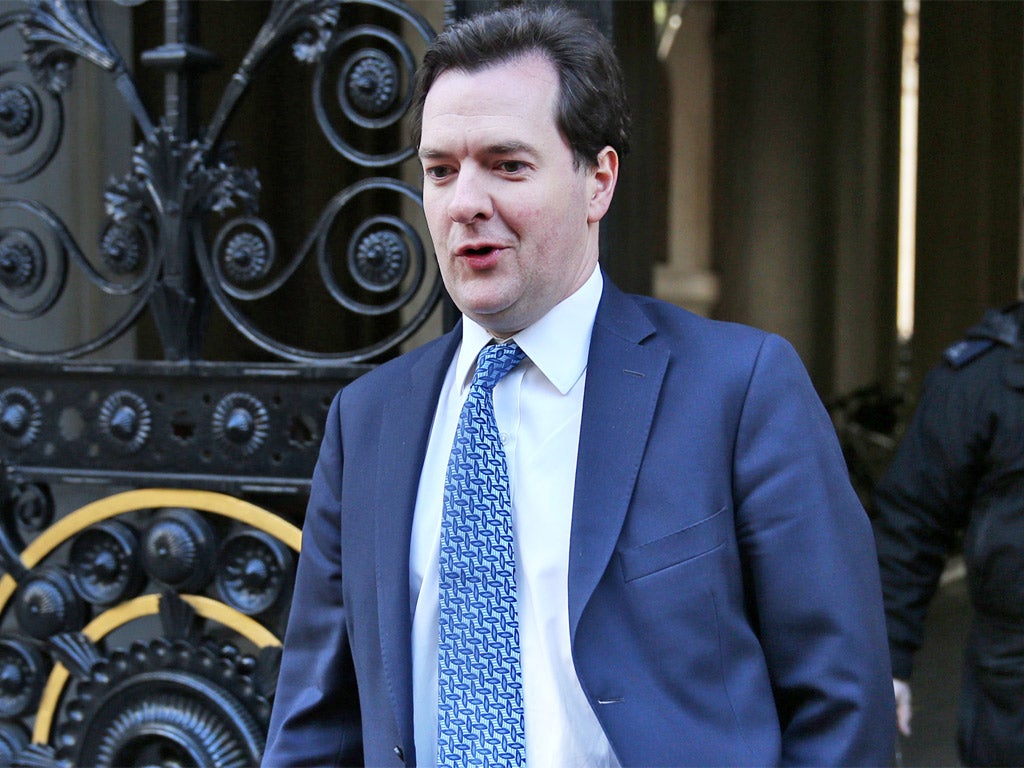What have we learned from the Autumn Statement?
The plan is working, the Chancellor said with a smile


George Osborne had good reason to be smiling - the numbers are at last moving decisively in his favour.
Economic growth is accelerating, and thanks to that, public sector borrowing is falling. The Office for Budgetary Responsibility has raised its forecasts, and how. It seems like the sun is finally shining upon Great Britain plc. The plan is working, the Chancellor said with a smile. Did he punch the air when he got first sight of those forecasts?
The problem with all this bravado is that the public still isn’t feeling it. We’ve had the scrapping of a fuel duty rise, some tinkering (expected) with allowances, thresholds and green levies. But they won’t do all that much. The public still won’t be feeling it after this.
Inflation is still with us. Fuel bills will still be considerably higher this winter than last winter, which plays into Ed Milliband’s hands when he talks about his economically foolish price freeze. Wages still aren’t keeping up with rising prices.
Milliband’s talk of a “cost of living crisis” is his best line, because for too many people it is a reality.
Handily for the Chancellor there are at least more people in work and to the chagrin of some of his critics, the private sector has been creating jobs as the public sector has shrunk.
But he still needs a tighter labour market to drive pay rises that match inflation. And then guess what: the Bank of England will have to take note. Much of the benefit of rising wages - if and when they start rising by more than inflation - will evaporate if interest rates rise in response.
Is my assessment overly cynical? Not really.
Yes the outlook is better. Plans to increase infrastructure investment will help to keep the economic pot boiling and provide tangible benefits when the work has been done.
There was a nod (as expected) to the retail sector with caps on business rate rises, plus relief for smaller outfits and a new relief to encourage firms to make use of vacant premises. But retailers still say the system needs an overhaul and they are quite right.
The wider business community will be pleased with the language on corporation tax, banks not so much with the rise to their levy (but no one’s crying for them). Pledges to invest in education and training will be welcomed be many. They’ll all be twitchy about the £9bn target for cutting tax avoidance. But don’t bank on that being realised. We’ve been down this road before.
All the same, just as Tony Blair, at least in his first term, was more progressive then anyone gave him credit for, Osborne increasingly looks like the cardboard cutout of a fantasy Tory Chancellor without ever quite getting the credit you might think he ought to get from the right.
The credit he really needs, however, is from a battered and cynical public which doesn’t really trust the numbers. What’s more there will still be more austerity in Whitehall to come, more savings for ministers to find.
Ostensibly this is keep deficit cutting on track so that Britain lives within its means. But I wonder. Could this most Tory of Chancellors be lining up that most favoured of Tory tricks: some kind of pre-election giveaway that contains a trap for the opposition, and perhaps his Coalition partners too. I wouldn’t put it past him if his numbers still add up then. And perhaps even if they don’t.
Join our commenting forum
Join thought-provoking conversations, follow other Independent readers and see their replies
Comments
Bookmark popover
Removed from bookmarks